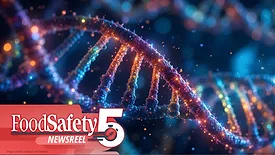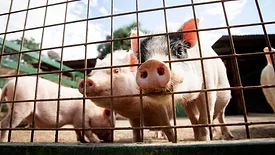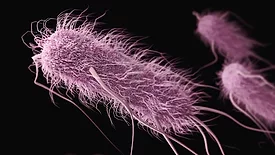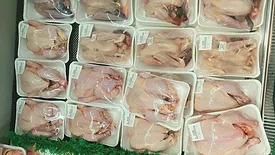Home » Keywords: » whole genome sequencing
Items Tagged with 'whole genome sequencing'
ARTICLES
A Food Industry Perspective on The Benefits and Barriers of WGS for Pathogen Source Tracking: The Sequel
Whole genome sequencing is gaining traction within the food industry, but advancements in technology, regulatory clarity, standardization in sequencing, and results interpretation are needed
Adrianne Klijn
Aurelien Maillet Ph.D.
Bala Jagadeesan
Caroline Barretto
Francois Bourdichon Ph.D.
Jerome Combrisson Ph.D.
Leen Baert
Martin Wiedmann Ph.D., D.V.M.
Anett Winkler
December 5, 2025
Never miss the latest news and trends driving the food safety industry
Newsletters | Website | eMagazine
JOIN TODAY!Copyright ©2026. All Rights Reserved BNP Media.
Design, CMS, Hosting & Web Development :: ePublishing











